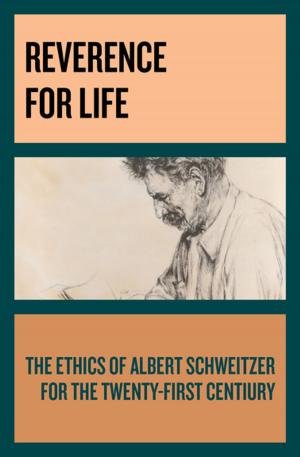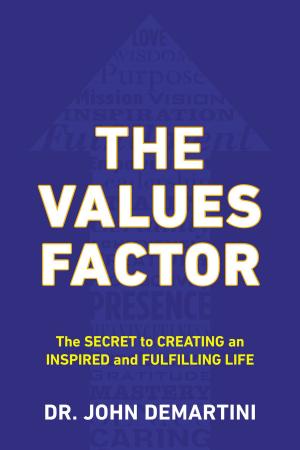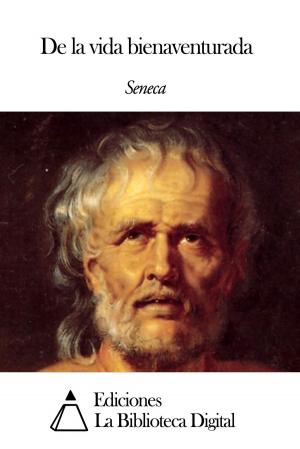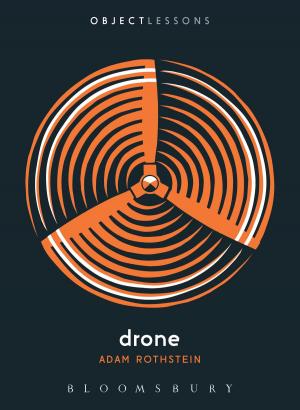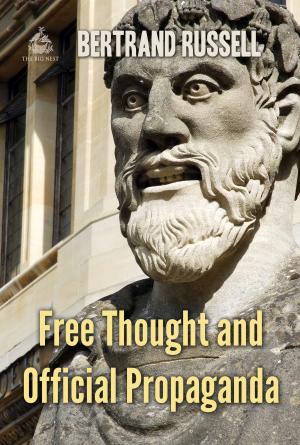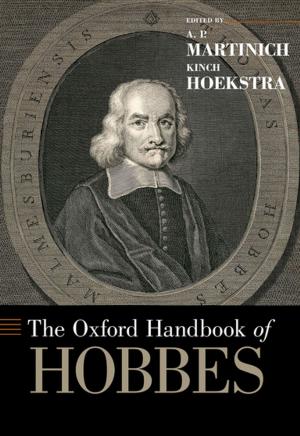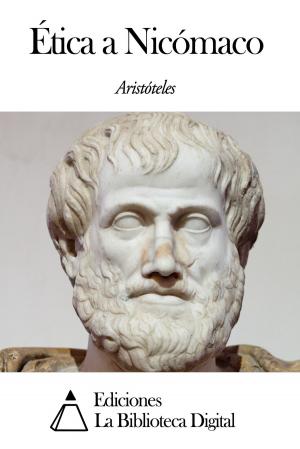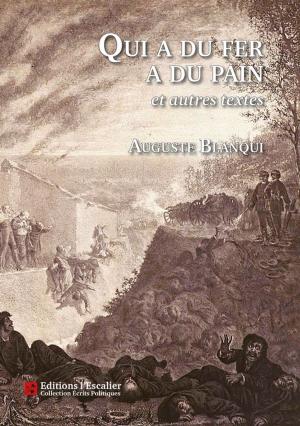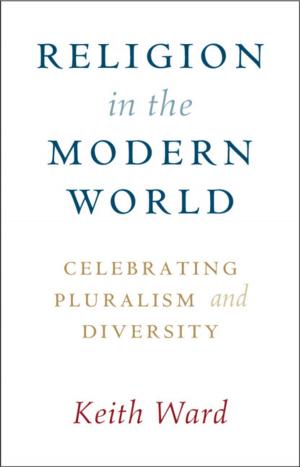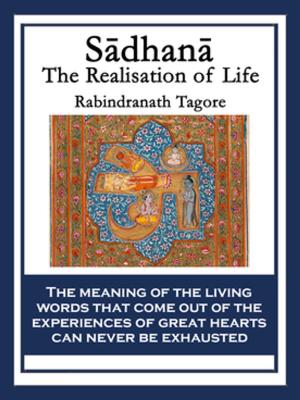| Author: | James Tate | ISBN: | 9780981881652 |
| Publisher: | James Tate | Publication: | April 4, 2011 |
| Imprint: | Smashwords Edition | Language: | English |
| Author: | James Tate |
| ISBN: | 9780981881652 |
| Publisher: | James Tate |
| Publication: | April 4, 2011 |
| Imprint: | Smashwords Edition |
| Language: | English |
Wealth…
So desired, yet so illusive... to so many.
Why?
Empowered by the surprising answer, the reader learns of wealth’s true meaning and more!
The book resolves as an unwarranted quandary, the age-old conflict between the material and the spiritual. It exposes the tangible and the intangible as the hyper-linked binary elements of all assets, liabilities, and worth. Offering practical applications the work further reveals wealth’s hidden yet manifest dual personality of betterment and tranquility.
When seeing the material as the hardware of existence and viewing the spiritual as the software of life, the reader will gain an improved quality of life, will grasps that the physical is not a springboard for temptation, and will further learn that the creation of wealth is not a material dilemma.
The author warns that divorcing the material and spiritual is always personally endangering and socially apocalyptic. He shows the clear logical reasons why human worth is a divine bestowal, and that the human spirit is indeed intrepid. By coupling the universal aspirations of worth, independence, and fulfillment, the three themes of the trilogy, he offers a unique solution to the enigma of time: past, present, and future.
“Wealth is not solely measured in gold, riches, or treasure, but possesses an inseparable spiritual element,” states the author.
Wealth…
So desired, yet so illusive... to so many.
Why?
Empowered by the surprising answer, the reader learns of wealth’s true meaning and more!
The book resolves as an unwarranted quandary, the age-old conflict between the material and the spiritual. It exposes the tangible and the intangible as the hyper-linked binary elements of all assets, liabilities, and worth. Offering practical applications the work further reveals wealth’s hidden yet manifest dual personality of betterment and tranquility.
When seeing the material as the hardware of existence and viewing the spiritual as the software of life, the reader will gain an improved quality of life, will grasps that the physical is not a springboard for temptation, and will further learn that the creation of wealth is not a material dilemma.
The author warns that divorcing the material and spiritual is always personally endangering and socially apocalyptic. He shows the clear logical reasons why human worth is a divine bestowal, and that the human spirit is indeed intrepid. By coupling the universal aspirations of worth, independence, and fulfillment, the three themes of the trilogy, he offers a unique solution to the enigma of time: past, present, and future.
“Wealth is not solely measured in gold, riches, or treasure, but possesses an inseparable spiritual element,” states the author.

